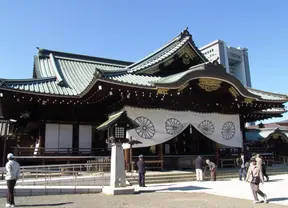
Japanese Prime Minister Shinzo Abe along with some notable senior politicians on Thursday made ritual offerings to the notorious war-linked Yasukuni Shrine in Tokyo.
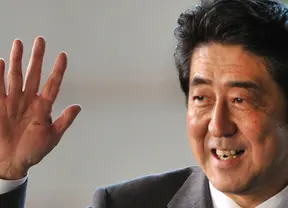
apanese Prime Minister Shinzo Abe made an offering on Thursday to a symbol of past Japanese military expansionism, Yasukuni Shrine, despite neighbors China and South Korea's call to stop such provocative move.
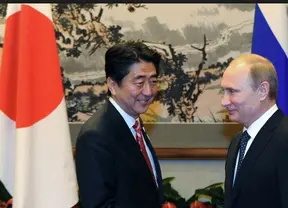
Russian President Vladimir Putin confirmed Wednesday that Japanese Prime Minister Shinzo Abe will visit Russia on May 6 in the Black Sea resort of Sochi.
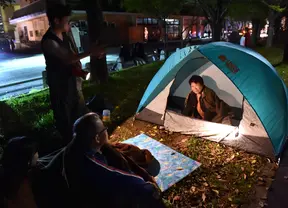
The death toll of waves of major quakes that hit Kumamoto Prefecture in southwestern Japan last week reached 48 and three are still missing, according to local authorities on Wednesday, while sufferers' health problems are highlighted as 11 died from so-called "quake-related death."
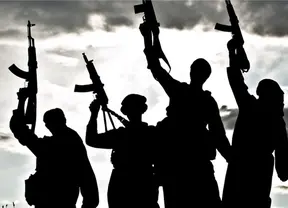
Japan and Canada will work closely together to combat terrorism as agreed Tuesday during so-called 2- plus-2 security talks held in Tokyo between vice foreign and defense ministers of both countries.
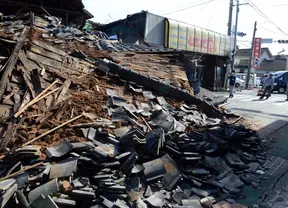
Toyota Motor Corp, the world's biggest-selling automaker, said on Sunday it would suspend much of its production at plants across Japan this week after earthquakes in the country's south led to a shortage of parts, while some other manufacturers extended stoppages due to damage to factories.
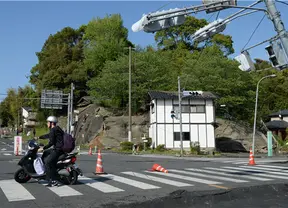
Rescue workers continue to fight against time Monday in a desperate attempt to locate those still unaccounted for in the wake of two powerful quakes and a number of fore and aftershocks rocking Japan's southwestern island of Kyushu and having claimed at least 42 lives.
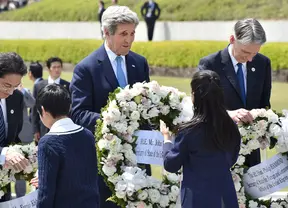
Secretary of State John Kerry attended a memorial ceremony in Hiroshima on Monday for victims of the U.S. atomic bombing 71 years ago, becoming the highest-ranking U.S. administration official to visit the site of one of the most destructive acts of World War II.
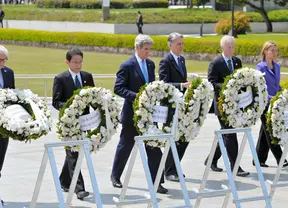
Once again Japan hijacked the multilateral Group of Seven (G7) platform to serve its own purposes and to meddle in South China Sea affairs in an unwanted attempt to "contain" China, which is not only unjustified and unhelpful for resolving disputes, but also harmful to regional stability.
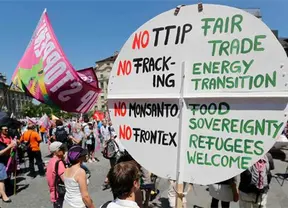
Dozens of people gathered here on Sunday to protest against the Abe administration' s contradictory words on nuclear issues and its controversial security law.
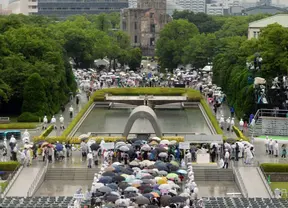
Japan's plan to place the South China Sea at the top of the agenda at the upcoming meeting of the Group of Seven (G7) foreign ministers is a self-deprecating move only to show a regional wave-maker keen on rocking the boat. If unchecked, such a provocation would shift the focus of the meeting from more deserving concerns.
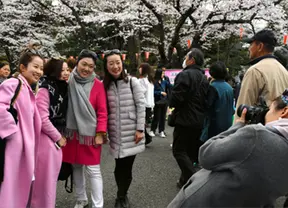
Huge numbers of visitors arrived in Japan this year for the traditional sakura viewing season, and Japanese and Chinese tourism agencies scrambled to offer package tours that raised their enjoyment factor to the maximum.
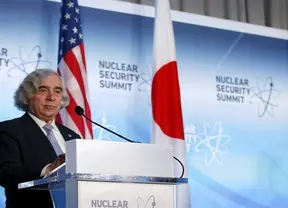
The United States and Japan on Friday announced that they would work together to eliminate highly enriched uranium (HEU) from a Japanese research reactor to reduce the risk of theft and use by nuclear terrorists.
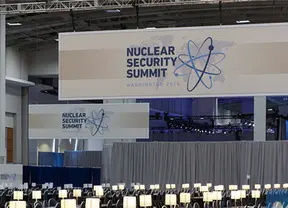
Japan's massive nuclear material stockpiles, enough to produce thousands of nuclear bombs, pose a threat to the world given the growing danger of nuclear terrorism.
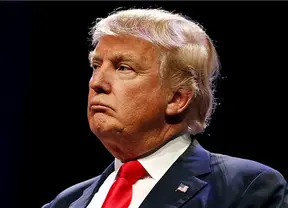
Confused, shocked, bewildered. Just a few of the words used in recent days to describe Japan and South Korea's reaction to some of Donald Trump's latest comments about the region.
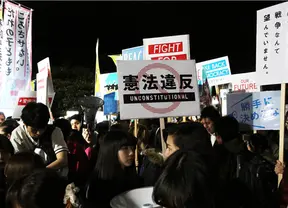
Japan's industrial output tumbled a seasonally adjusted 6.2 percent in February as exports remained strained on falling demand, raising concerns that the world's third-largest economy may be heading into another recession, the government said on Wednesday.
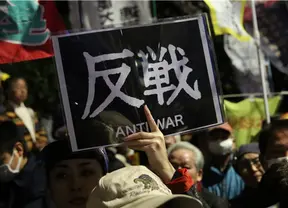
Japan's new controversial security laws took effect Tuesday, marking an overhaul of the country's exclusively defensive defense posture in the last seven decades.